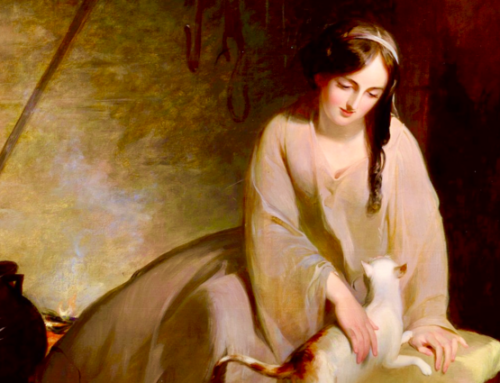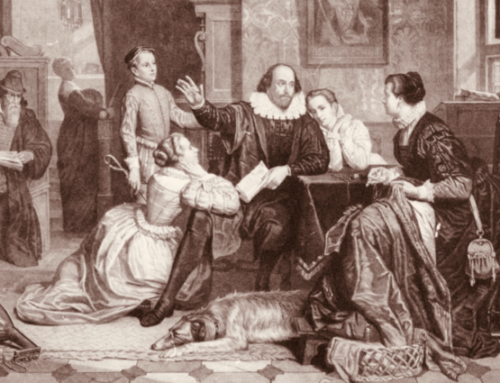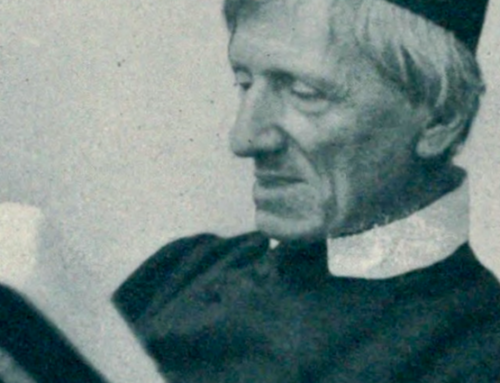Strong memories—of good times, of challenges met, of shaping experiences commonly shared—are the critical foundation of a good and meaningful life, particularly if you are young. Cherished memories of days passed can spur us on, can exhort us, and can motivate us when our own days seem dark and unendurable.
 On my desk sits a small, clear acrylic cube. Inside that cube rests an old baseball. On the surface of that baseball is printed the swashbuckling emblem of the Pittsburgh Pirates. Surrounding that emblem and covering the rest of the ball are a number of signatures in ink—signatures of the men who constituted the starting line-up of the 1979 World Series Champions.
On my desk sits a small, clear acrylic cube. Inside that cube rests an old baseball. On the surface of that baseball is printed the swashbuckling emblem of the Pittsburgh Pirates. Surrounding that emblem and covering the rest of the ball are a number of signatures in ink—signatures of the men who constituted the starting line-up of the 1979 World Series Champions.
To a memorabilia collector, that baseball would likely have some monetary value. To a Pirates fan (like myself), that baseball might have some sentimental value, as it commemorates the last time the team won a World Series.
But that baseball has an entirely different value in my eyes, one that could not really be shared by anyone else.
You see, when I was about ten years old, my grandfather took me to Three Rivers Stadium, a couple hours’ drive from my home, to see my first ever professional baseball game. He bought me that baseball at the game as a memento of our special trip. I can still remember driving in the car together, sitting with him in the impossibly large stadium, and holding his enormous hand as we navigated the biggest crowd I had ever seen in my young life.
Oddly enough, I remember very little of the actual ball game. What I remember most is the certain knowledge that my grandfather loved me and that we shared a wonderful day together.
Every time I look at that baseball, a whole set of beautiful memories rushes back to me. I don’t think of athletic heroes like Willie Stargell or Phil Garner. I don’t recall championships or victories. I simply remember my grandfather’s love and our special day. My grandfather passed away nearly twenty-five years ago now, but I never grow tired of looking at that baseball!
In the final chapter of The Brothers Karamazov, the central character, Alexei, is walking with a group of schoolboys who have just experienced the death of a beloved classmate. They are sad and grief-stricken, but Alexei encourages them to cherish and savor the joyful, positive memories they made with their departed classmate:
You must know that there is nothing higher, or stronger, or sounder, or more useful afterwards in life, than some good memory, especially a memory from childhood… even if only one good memory remains with us in our hearts, that alone may serve some day for our salvation.
Indeed, it turns out that strong memories—of good times, of challenges met, of shaping experiences commonly shared—are the critical foundation of a good and meaningful life, particularly if you are young. Cherished memories of days passed can spur us on, can exhort us, and can motivate us when our own days seem dark and unendurable. My grandfather could not have known it at the time, but he gave me a better life when he gave me that baseball.
Republished with gracious permission from The Saint Constantine School (2017).
The Imaginative Conservative applies the principle of appreciation to the discussion of culture and politics—we approach dialogue with magnanimity rather than with mere civility. Will you help us remain a refreshing oasis in the increasingly contentious arena of modern discourse? Please consider donating now.
The featured image is The Monk-Inok (1897) by Konstantin Savitsky (1844–1905) and is in the public domain, courtesy of Wikimedia Commons. It has been brightened slightly for clarity.







Leave A Comment